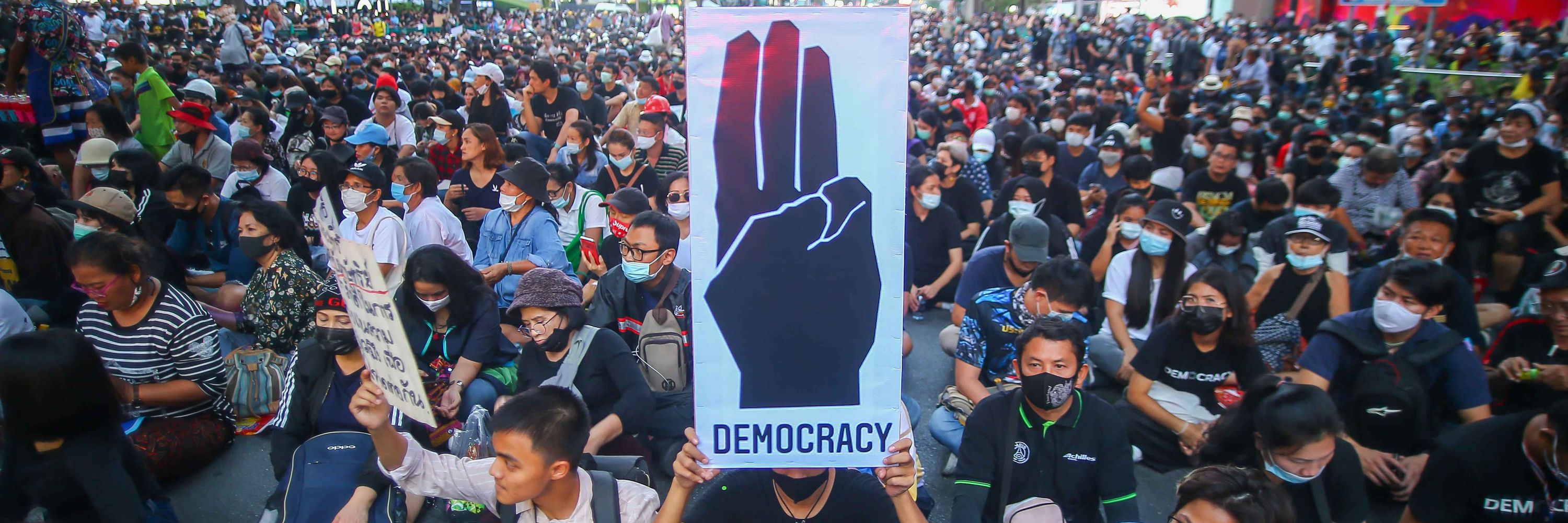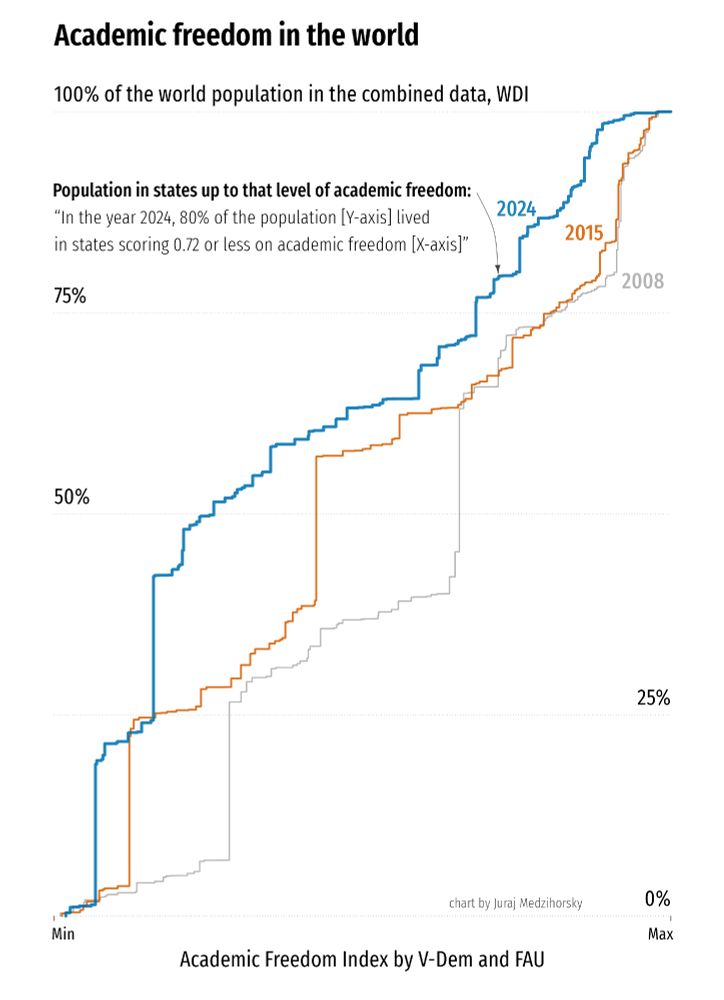V-Dem Institute
@vdeminstitute.bsky.social
1.5K followers
270 following
150 posts
The V-Dem Institute is an independent research institute and the Headquarters of the V-Dem project, based at the University of Gothenburg, Sweden. The V-Dem project (Varieties of Democracy) is a unique approach to conceptualizing and measuring democracy.
Posts
Media
Videos
Starter Packs
Reposted by V-Dem Institute
Reposted by V-Dem Institute









